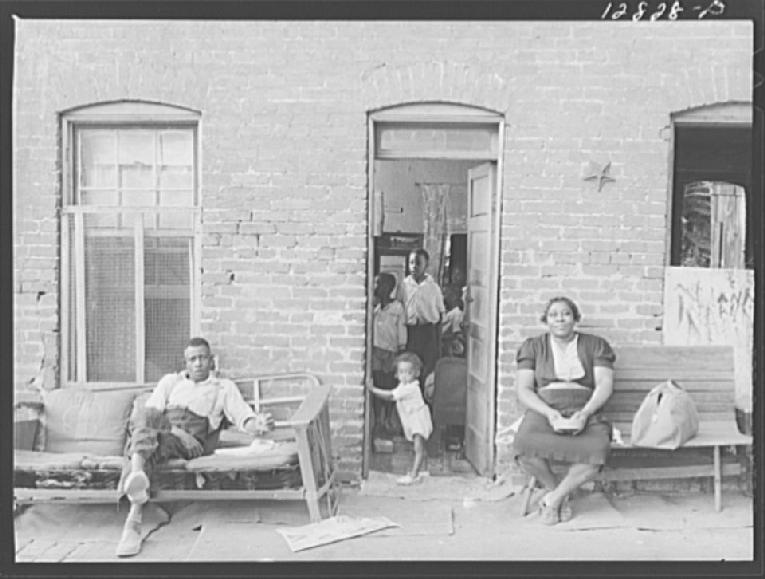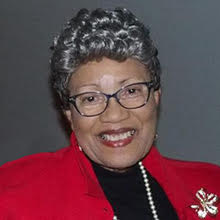*Have you ever wondered what kind of conditions African Americans had to endure at the start and end of the Civil War?
Did D.C. follow the lead of other states or was it the first to shift from the attitude of Emancipation? What were the ripple effects of the Reconstruction Era? All of these questions will be answered if you read on.
The Reconstruction Era of Washington D.C. had 2 transformations that have been known to be quite long-lasting. The transformations were the exponential growth of the city and the end of slavery. The Congress was being constantly told by the Abolitionists to stop slavery ? especially in D.C.
Congress, on the other hand, was dominated by interests of holding on to slavery and hence wouldn?t shift from their current stand.
It was in April 1862 that the Congress had finally approved the abolition act. Because of this D.C. wasn?t the only state on the verge of vast magnitudes of changes ? the nation as a whole was going to evolve. Thousands of new families and individuals were brought into the city after the war. Real estate was on the rise with the increased population growth ? changing and bringing Washington to what it is today.
At the beginning of the war, slavery was still legal and discrimination was at its peak with ?black codes? being assigned to the community. African Americans were to stay inside in the evenings and pay licensing fees for businesses.

Towards the end of the war, however, African Americans had fought in the war with valor and Black organizations were on the rise in civic life everywhere. Outside missionaries or the Freedmen?s bureau, the community had also brought forward local education institutions. Many former slaves were seen moving in from the countryside which was out of the control of disruptive forces.
Mobilization of the political African Americans during the Civil War was quite effective and sophisticated. These private schools, churches, and schools had been brought forward by these strong black leaders. Because of these, Congress was slowly nudged towards the anti-slavery movement.
Congressional debates were being attended by growing numbers of African Americans and D.C started to become a national hub for black political life. This change was not only seen in the Capitol but was visible everywhere on the city?s streets.
What rights were entitled to the Black community and which government entity guarantees those rights? Well, this issue is still present way down the road after the Reconstruction Era.



